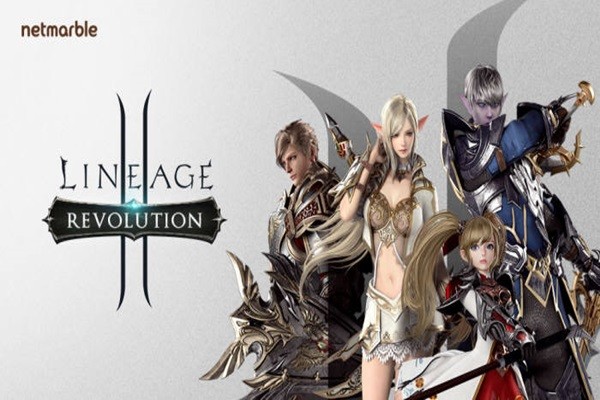Although South Korean game industries are putting out blockbuster games that can become popular globally, they are agonizing from the fact that the road to Chinese markets has been blocked off for nearly a year. As there continues to be side affects, some are voicing their worries that large corporations and even mid-sized companies may lose their ‘golden time’. Since March of last year, Chinese Government has not given approvals to South Korean game industries to distribute their games in Chinese markets.
According to game industries on the 21st, they still cannot detect any signs of Chinese Government giving out approvals for distribution of South Korean games. During the time when Chinese Government has not given out any approvals, South Korean game industries put out global blockbuster games such as ‘Lineage II Revolution’ for mobile devices and ‘Battlegrounds’ for online.
Although Netmarble Games signed off on a publishing contract with China’s Tencent regarding Netmarble’s ‘Lineage II Revolution’, they have yet to decide on its release date for a year. Lineage II Revolution is currently at the top of sales in South Korean markets as well as Japanese markets.
Although PUBG also signed a contract with Tencent regarding ‘Battlegrounds’, official release of Battlegrounds is still far off. In 2017, PUBG release Battlegrounds through a global PC platform called Steam and sold more than 20 million copies globally. Because China did not block Steam, China has the most number of people playing Battlegrounds.

PUBG along with Tencent are preparing a version that is specialized for Chinese markets. Tencent is currently developing a mobile game that utilizes IPs (Intellectual Property) of ‘Battlegrounds’ and there is a chance that this version may get released first before the original version of Battlegrounds.
Original online game versions of ‘Blade & Soul 2’, ‘Lineage 2 M’, ‘Aion: Tempest’ that are expected to be released by NCsoft this year are well known in China. ‘Blade & Solution Revolution’ that is going to be released by Netmarble is also well known in China.
Pearl Abyss, which had the highest market capitalization on KOSDAQ out of game industries in 2017, signed a contract with China’s Snail Games in March of 2017 regarding release of its online game called ‘Black Desert’. It has started to gain attention as it was selected as the number one most anticipated online game in China in 2018 by an award ceremony hosted by State Administration of Press Publication, Radio, Film, and Television of The People’s Republic of China.
Because release date of Black Desert in China has been getting delayed, Chairman Kim Dae-il of Pearl Abyss emphasized a need for solving this approval issue when he visited China with an economic delegation of President Moon Jae-in in December of 2017.

NCsoft, Nexon, and Netmarble Games have made huge growths as their mobile MMORPGs (Massively Multiplayer Online Role Playing Game) were very successful in 2017. However some are pointing out that domestic markets are becoming saturated.
There has not been any greatest hits in China, which takes up huge part of exportation of South Korean games, since ‘Dungeon and Fighter’ and ‘Crossfire’ were released in later-end of 2000s. Most of growth of exportation is still being impacted by these games. Nexon recorded its biggest performance in the first quarter of 2017 due to increase sales of ‘Dungeon and Fighter’ in China during early 2017.
Stock firms are predicting that South Korean game industries will focus on global strategies excluding Chinese markets.
“While South Korean mobile game markets were hugely expanded in 2017 due to hardcore players of Lineage MMORPGs, South Korean game industries will expand their businesses towards females and light users this year even if growth rates of their games somewhat slow down.” said Kim Min-jung who works as a researcher at HI Investment & Securities. “Because number of demands for MMORPGs is continuing to go up in North America, Europe, and Russia, they do not have to cling onto global strategies that are limited to Chinese markets where risks are huge.”
Staff Reporter Kim, Siso | siso@etnews.com